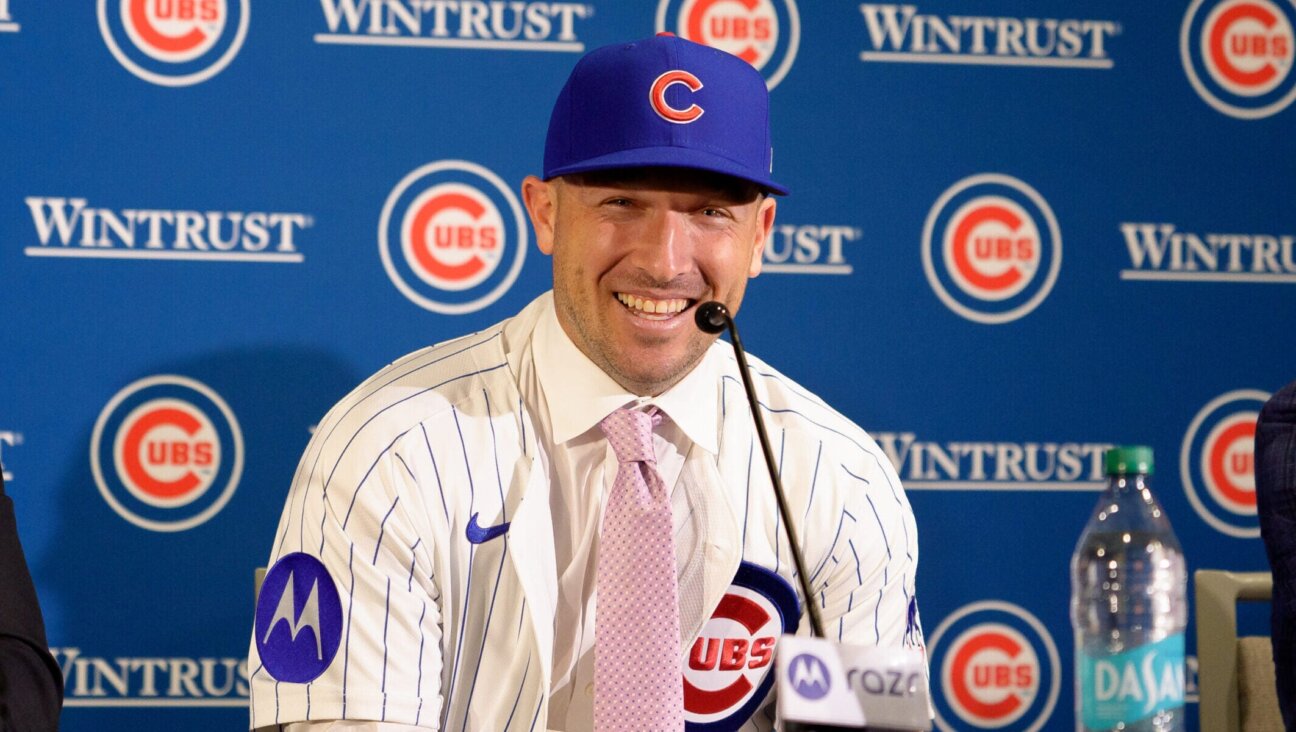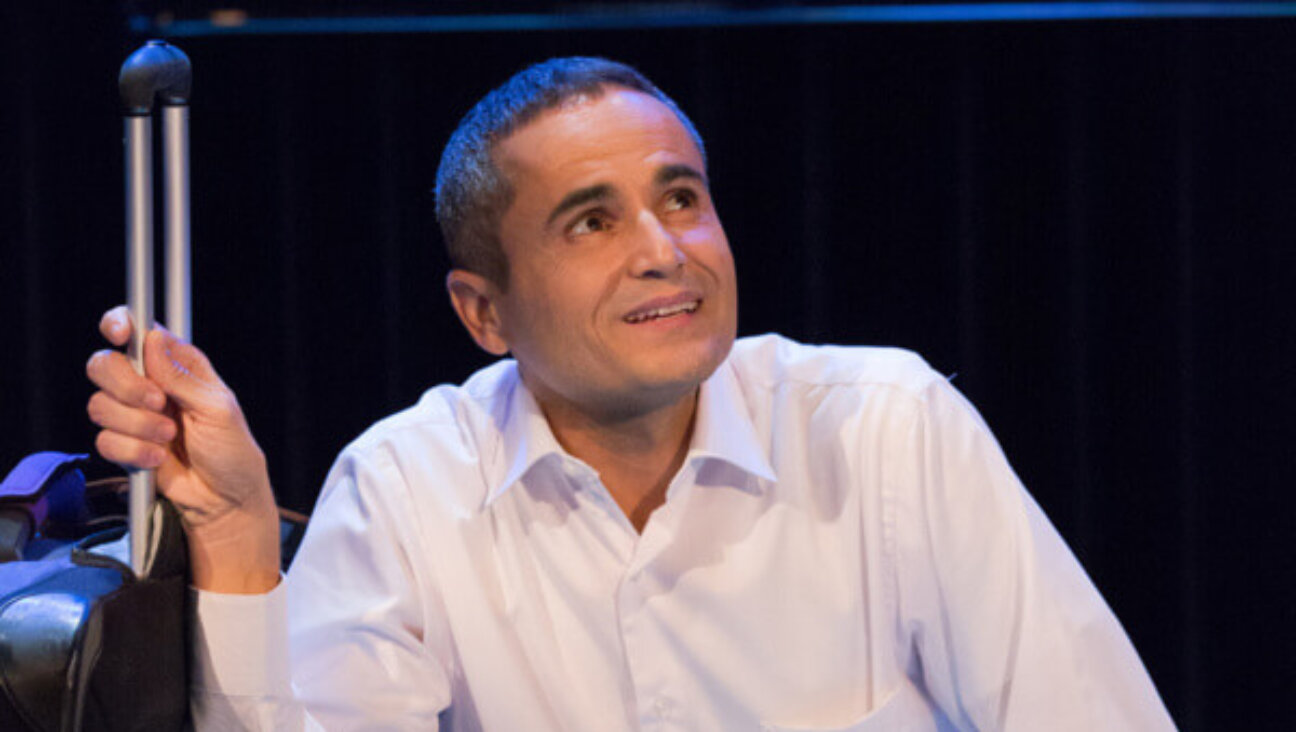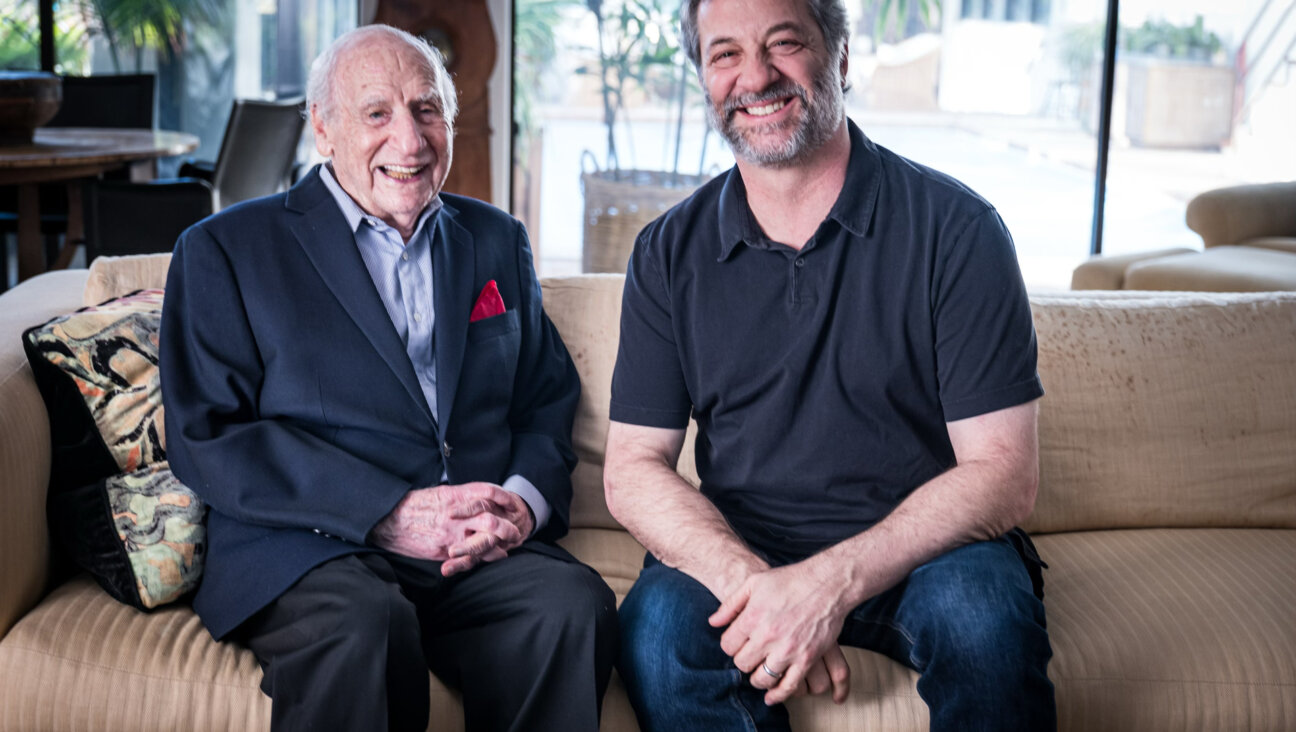Cigarette Smugglers Tied to Notorious Jewish Murder on Brooklyn Bridge

Graphic by Angelie Zaslavsky
Fifteen men of Palestinian origin have been arrested on charges of running a multi-million-dollar cigarette smuggling ring in New York, and New York authorities who announced the arrests on Thursday said several of the suspects have ties to Hamas and other Islamist militant groups.
One of the men is suspected of supplying the gun used to kill yeshiva student Ari Halberstam in a notorious anti-Semitic shooting on the Brooklyn Bridge in 1994.
The men are accused of smuggling more than a million cartons of untaxed cigarettes from Virginia to be sold in grocery stores across New York, with $55 million in sales uncovered so far, Eric Schneiderman, the New York attorney general, and Ray Kelly, the New York City police commissioner, said at a press conference.

Ari Halberstam
“We don’t know where all of that money went, but what we do know is deeply troubling,” Schneiderman said. “We know that some members of this group have ties to very dangerous people, we know they were arrested with weapons, we know that they made tens of millions of dollars but so far we have found only a fraction of that.”
Investigators are still tracking where much of the money ended up, but they noted similar rings in the past have funneled money to Hamas, the Islamist government in Gaza, and Hezbollah, the militant Shi’ite group based in Lebanon, both of which are considered to be terrorist organizations by the United States.
All 15 men remained in custody on Thursday and could not be reached for comment. It was not immediately clear if they had retained lawyers.
A 16th man accused of taking part in the ring, Ribhi Awadeh, 39, from Guttenberg, New Jersey, remained at large after flying to Jordan several weeks ago, Schneiderman said.
In a 224-count indictment, the men are charged with enterprise corruption, money laundering and other tax crimes, for which each defendant faces up to 25 years in prison if convicted. In addition to costing New York State and New York City an estimated $80 million in lost sales tax revenue, the ring generated at least $10 million in profit, Schneiderman and Kelly said.
None of the men lived extravagantly, Schneiderman said, adding that this supported the idea the money was being funneled elsewhere.’
“This is not the lifestyles of the rich and famous,” Schneiderman said. “We are very concerned about where the money went.”
Kelly said that Youssef Odeh, 52, of Staten Island, who is accused of being a distributor for the ring, received an investment for an illegal baby formula distribution business in the 1990s from Omar Abdel Rahman, often dubbed the “blind sheik,” who is imprisoned for helping plot the 1993 World Trade Center bombing.
Muaffaq Askar, 46, of Brooklyn, who is accused of being one of the ring’s resellers, was a confidant of Rashid Baz, Kelly said. Baz, a Lebanese immigrant, is serving a 141-year prison sentence after being convicted in the 1994 shooting of Halberstam, a 16-year-old yeshiva student in Brooklyn, which Baz said was in retaliation for the killing of Muslim worshippers in the West Bank by a Jewish settler from Brooklyn.
Mohannad Seif, 39, of Brooklyn, another accused reseller, had been under police surveillance in part because he had lived in the same three-story Brooklyn building as a former secretary to Moussa Abu Marzouk, a deputy leader of Hamas.
Authorities said the ring was headed by two brothers, Basel Ramadan, 42, and Samir Ramadan, 40, both of Ocean City, Maryland, who ran a couple of local Subway restaurant franchises. Investigators said they found $1.4 million stashed in Basel Ramadan’s home, some of it stuffed in black plastic trash bags, and three handguns following his arrest on Thursday.
The ring bought cigarettes from a wholesaler in Virginia and kept them in a storage facility in Delaware, Schneiderman said.
A co-conspirator, Adel Abuzahrieh, 42, of Brooklyn, was accused of driving from New York to Delaware several times a week to exchange cash for cigarettes, and then return with the illicit goods for resale.
Two of the accused men are in the United States illegally, according to Immigrations and Customs Enforcement. Others, including the Ramadan brothers, are naturalized citizens, while the rest are legal permanent residents.
















